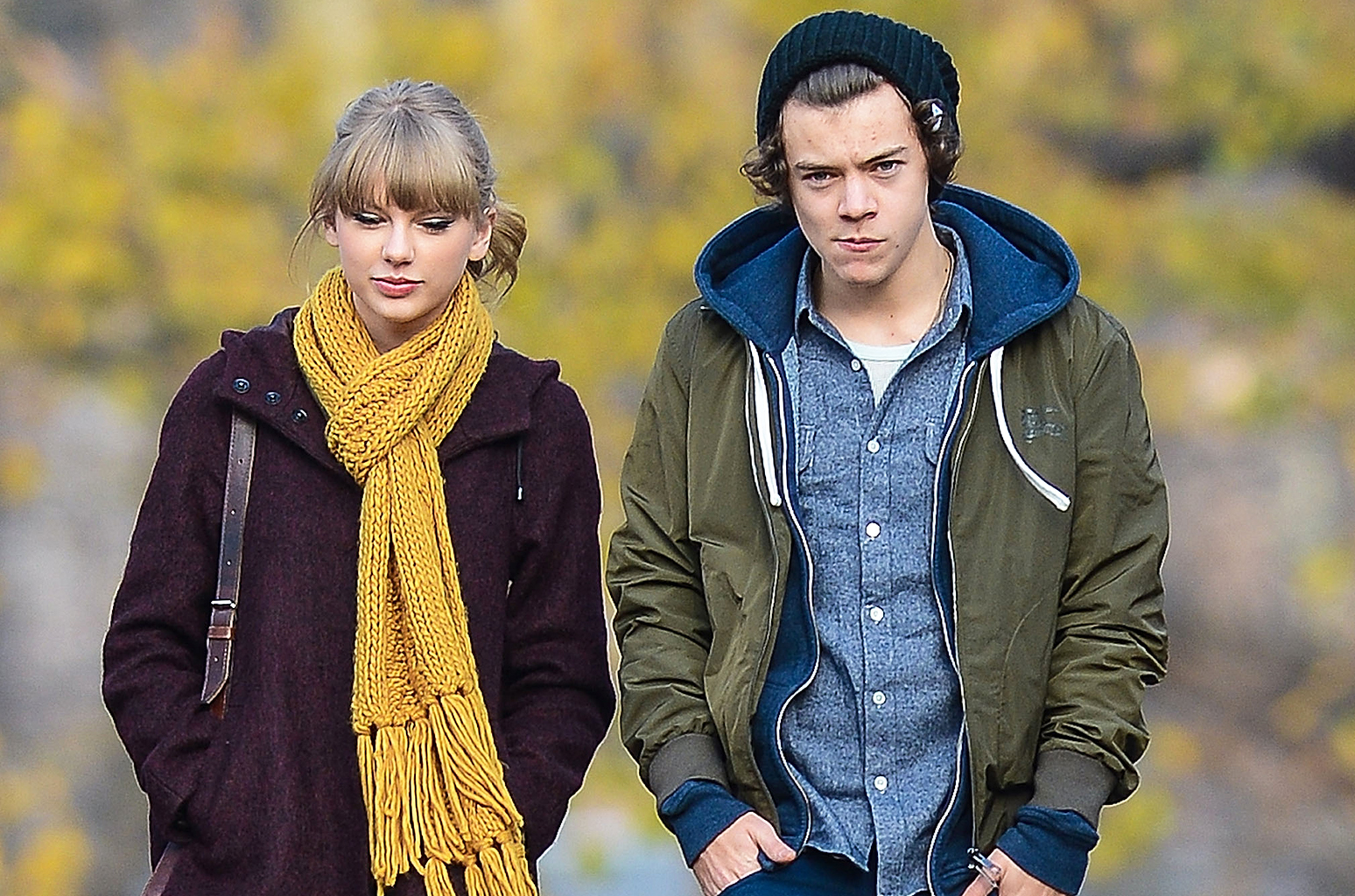This piece originally ran on Mystery Science Phonograph 3000
Old Taylor is dead. We’ll miss her, but New Taylor might be awesome.
“Look What You Made Me Do” is probably the most aggressively modern Taylor Swift song. Her latest single firmly cements a drawn out abandonment of her country radio roots. There are no guitars on this song. It was written to be played at crowded nightclubs, not in the car with your friends (“Shake It Off”) nor in the lonely bedroom of a teenager (“Hey Stephen”). There are moments on this track—and please forgive me, I’m about to sound like the oldest, lamest dweeb on the internet—on which there is clear influence from trap music. I don’t know if Kylie Minogue is still making music in 2017, but if she is, this is what I imagine it would sound like.
I don’t think I could possibly articulate why I think this song is interesting without discussing the way Taylor Swift is presented in popular media. Perhaps more so than any other currently active media personality, Swift’s art and who she is outside of her art are intimately connected. In a 2015 interview with Chuck Klosterman, Swift was asked about the intersection of her personal life and her music. She responded:
“I don’t feel there is any injustice when people expand beyond my music and speculate on who certain songs might be about. I’ve never named names, so I feel like I still have a sense of power over what people say—even if that isn’t true, and even if I don’t have any power over what people say about me.”
Swift seems to concede that the public perception of her private life is an integral aspect of appreciating her music. This is even true on early works like “Tim McGraw,” where Swift plays the role of reverent outsider[1]. In 2012 it was reported that Swift crashed a Kennedy Family wedding[2], an event that Swift may or may not have documented in the track “Speak Now.” Taylor refused to ever state who she had in mind when writing “Bad Blood,” and relished the fact that people enjoyed the song because it might be about Katy Perry.
Also, and this might be totally irrelevant, but I refuse to believe that Taylor Swift and Harry Styles ever actually dated. I think they just wanted people to think they did. They went on a cruise and let people take some pictures of them, specifically to create media speculation. That way Swift can write something like 1989’s “Style” and then Styles can namedrop Swift in interviews with Billboard. It’s good for both of their brands. I’m not 100% this is true, but I’ve been less certain about less ridiculous things. Look at this picture. Come on. These people are not dating.

This brings us to “Look What You Made Me Do.” Just the title of this track opens itself up to the wild speculation that fuels the best Swift tracks. “You” in this instance could be Katy Perry[3], Kim Kardashian or Kanye West, or maybe even Tom Hiddleston. Hiddleston, as I understand it, is not only a former flame but also, to my surprise, a famous person. Part of the enjoyment of “Look What You Made Me Do” is looking for clues, and following the map to delicious, delicious Celebrity Beef.
After Swift kills “Old Taylor” over the telephone, suddenly something rather obvious is revealed to the listener. You are You. This song is not a semi-fictionalized account of a famous person, this is condemnation of you, the album streamer and tabloid reader. Look what you made her do. You made her do “Look What You Made Me Do.” I find this interesting for two reasons.
Firstly, this sort of meta narrative has been employed by Swift once before. 2006’s “Our Song” was Swift’s first bona fide hit. By borrowing this narrative trick from her back catalog, Swift opens up the two songs for comparison.
Secondly, the late reveal that the listener is the intended recipient of Swift’s message makes use of the one true hallmark of Swift’s best material: perspective switching. On “Love Story” for instance, the chorus is sung from the perspective of the Juliet character, but the final chorus is sung from the perspective of Romeo. This is also the case in songs like “Mine” and “Forever and Always.” Arguably the best use of this trope is in the aforementioned “Speak Now,” in which the shift in perspective provides resolution to a conflict rather than just a change in pronouns.
The volta here works in a similar manner. Although Swift herself hasn’t shifted perspectives, she’s switched the listener’s. No longer is this a voyeuristic look into an argument between rich people. One is forced to see themselves as a participant in Swift’s latest tabloid squabble. Lyrics in the songs opening verse beg for reinterpretation. “I don’t like your little games/Don’t like your tilted stage/The role you made me play/Of the fool, no, I don’t like you” This no longer seems to be directed at Kanye West. She thinks we made her do this. All she wanted to do was listen to Tim McGraw, but we couldn’t resist calling her a snake. Now she’s the Regina George of New York City[4].
If the listener recognizes themselves as the object of “Look What You Made Me Do,” Swift’s use of “Old Taylor” tricks forces the listener to think of themselves in the “Old Taylor” context. The listener is Taylor’s halfway imagined teenage boy. Someone as media savvy as Swift is obviously aware of her music’s most consistent criticism: the love objects in her songs are two dimensional and disposable. Swift responds with a classic rubber/glue argument. Your relationship with her is para-social and she no longer finds it cute. It’s you who’s two dimensional. It’s the Twilight Zone. It was Earth all along.
[1] In 2006, the log line on Swift was that she was sixteen year old girl who had convinced her parents to move to Nashville to pursue her country dreams.
[2] Yes, that Kennedy Family, and yes, “crashed” as in showed up uninvited.
[3] As of this writing it’s rumored that Perry may actually appear on the upcoming album Reputation. Given that Perry once deviously compared Taylor Swift to Regina George on Twitter, this would be some serious pro wrestling shit. I hope that one day we get a Swift/Perry Watch the Throne.
[4][1] Alternatively, you might say “She used to wear t-shirts, but now she wears short skirts. She used to be in the bleachers, but now she’s the cheer captain.” I’m not sure if this joke works if you don’t listen to a shitload of Taylor Swift.

